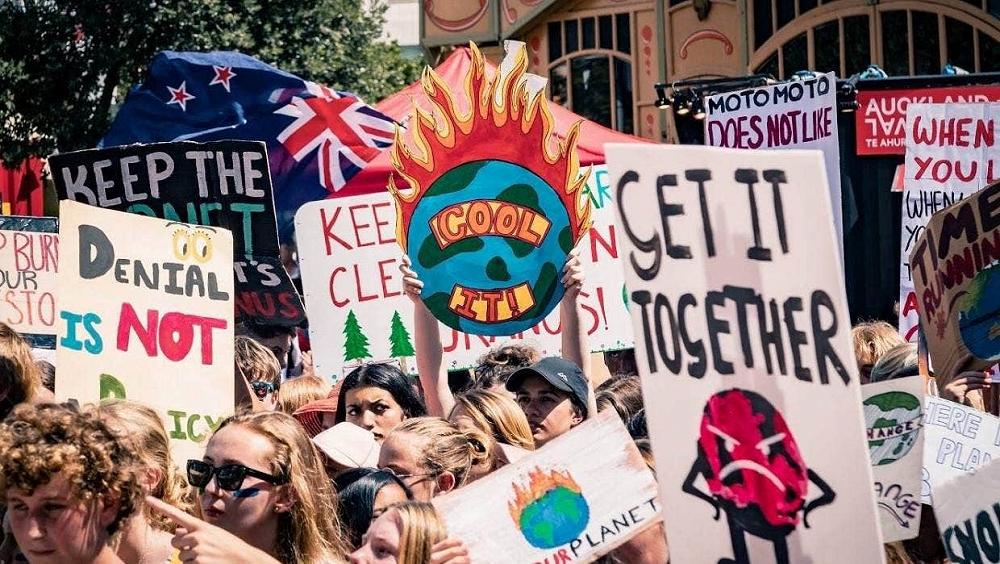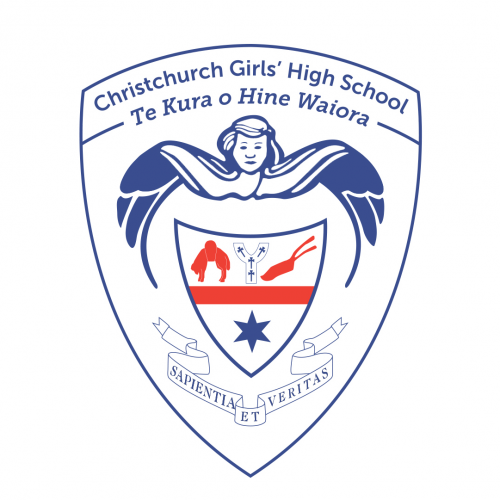
Social Studies Y10 | Te Ao Tangata
The Year 10 Social Studies program is a compulsory course structured into 3 periods per week. In Social Studies we look at how societies work and how people can participate as critical, active, informed and responsible citizens. We focus on people, places, cultures and histories, within and beyond Aotearoa New Zealand, in past, present and future contexts. The course builds on the ideas and concepts learnt in Year 9 Social Studies.
The units of work combine themes, concepts and skills that meet the Understand, Know, Do objectives of the Years 9-10 Te Mātaiaho Te Ao Tangata | Social Sciences curriculum. We select a range of geography, history and current event case studies that allow ākonga to develop their literacy, numeracy and digital skill set. Social Studies also integrates the Aotearoa New Zealand Histories Curriculum.
UNITS OF WORK
TOPIC 1: Ngā Tangata and the Taiao | The People and the Earth. Ahakoa he iti, he pounamu | Although it is small, it is precious. Little can be BIG! That’s the main message of this topic. We understand that rangatahi are overwhelmed with doom and gloom stories of climate change, so we are choosing to focus instead on climate action. This unit will first examine our ever changing world and the impact that climate change has on both Aotearoa NZ and the Pacific, but more importantly, will empower students to become informed advocates and take action to protect the environment, their communities, and their own well-being. By engaging with this critical issue, students can contribute to creating a sustainable and equitable world for themselves and future generations.
TOPIC 2: People, Power and Protest. Mā te kimi ka kite, Mā te kite ka mōhio, Mā te mōhio ka mārama | Seek and discover, discover and know, know and become enlightened! Throughout history, protests have catalysed positive social change by amplifying marginalised voices and pushing back against systemic injustices and institutional racism. New Zealand is no stranger to this. In this unit ākonga will learn about race relations in Aotearoa New Zealand and the impact of historical Government policy on Māoriand Pasifika, and the ways that these groups, including Ngā Tāmatoa and the Polynesian Panthers, have reasserted their mana.
TOPIC 3: Momentous Moments. Whaowhia te kete mātauranga | Fill the basket of knowledge. The Industrial Revolution, World War I and World War II, the Holocaust, the Civil Rights Movement, the Fall of the Berlin Wall, the Information Age, the Boxing Day Tsunami, the Paris Agreement- these are just a few of the many significant events that have shaped the world around us. This unit will allow ākonga to engage in a social and historical inquiry to develop their own interpretations and appreciation about key historical moments in the past, and to imagine possible futures.
TOPIC 4: Travelling to the Top of the World. Hokia ki ngā maunga kia purea koe e ngā hau o Tawhirimatea | Return to the mountains to be purified by the winds of Tawhirimatea. Mount Everest, the world's highest peak standing at 8,848 metres has long fascinated explorers, adventurers, and mountaineers. Beyond its impressive elevation, Everest holds a significant cultural and spiritual significance for Sherpa people and the region of Nepal. The challenging and treacherous nature of climbing Everest has drawn countless individuals since Hillary and Norgay first summited its peak in 1952. This unit will allow ākonga to examine themes of natural beauty, human ambition, perseverance and the quest for exploration in this case study.
ASSESSMENT: There are several periods of assessment throughout the course which offers an opportunity for students to demonstrate their learning, with a view to building confidence and capacity. The five reporting criteria are:
Criteria 1: Demonstrating my knowledge and skills
Criteria 2: Understanding different perspectives
Criteria 3: Using good inquiry practices
Criteria 4: Communicating my ideas effectively
Criteria 5: Develop a sustained argument
FILM STUDY: Film is an important audio-visual resource that complements aspects of our teaching units and supports our visual and kinesthetic learners. Our teachers take great care when selecting both documentaries and films. The students will engage in a film study in the following topics:
· No Māori Allowed (2023), a fascinating documentary that looks at historical and contemporary issues in Aotearoa New Zealand, integrated into the People, Power and Protest unit.
· The Hate You Give (2018), a contemporary and highly accessible film that looks at race relations in the USA, integrated into the People, Power and Protest unit.
PROGRESSION: Social Studies will prepares students for entry into the four senior Social Science option subjects: Classical Studies, Geography, History, and Tourism.
COURSE COSTS: There are general stationery costs associated with this course, please refer to the school stationery requirements list.
For further information contact the HOD of Social Studies Renee Coombes in S4 or at cmr@cghs.school.nz.
